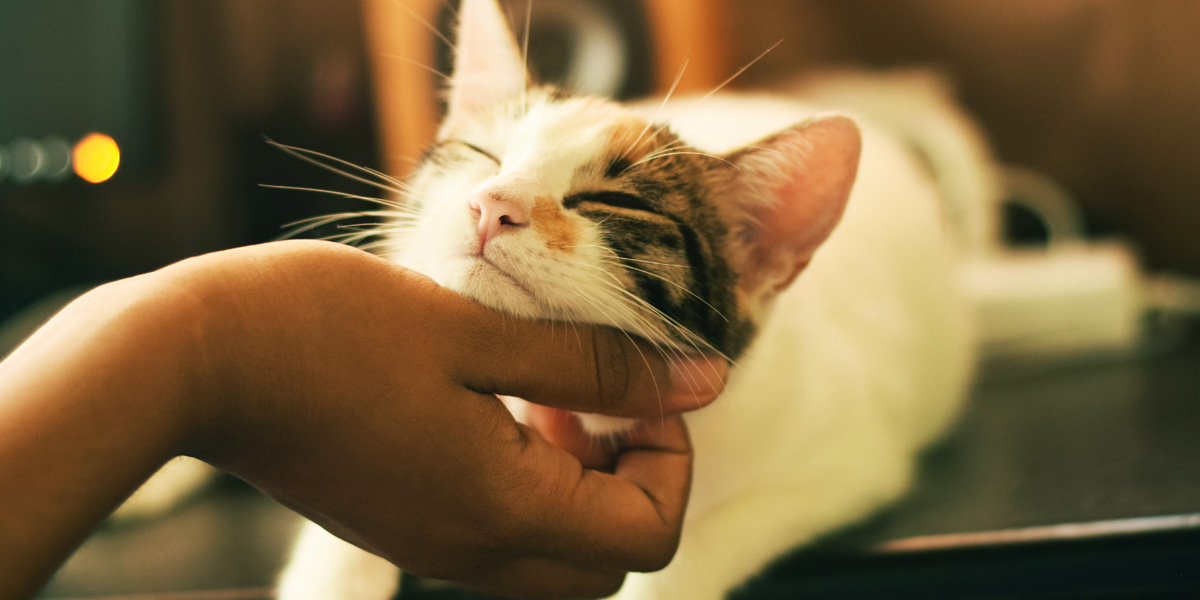Why do Cats Purr?
Doctor of Veterinary Medicine

While efforts are made to answer all questions as quickly as possible, if an immediate answer is required or if your pet is in need of urgent or emergency care, contact your pet's veterinarian immediately.
Doctor of Veterinary Medicine

You will receive an answer from Dr. Lindsay and our vet/tech team as soon as possible, usually the same day.
All answers are provided for informational or educational purposes only, and are intended to be a supplement to, and not a substitute for, the expertise and professional judgment of your pet's veterinarian.
It may be necessary to consult your pet's veterinarian regarding the applicability of any opinions or recommendations with respect to your pet's symptoms or medical condition.
CloseDoctor of Veterinary Medicine

An error has occurred, please reload the page and try again.
CloseWhile efforts are made to answer all questions as quickly as possible, if an immediate answer is required or if your pet is in need of urgent or emergency care, contact your pet's veterinarian immediately.
There is no answer related to your question

If you've ever spent some time around a cat you may have noticed a purr that sounds like a soft noise, almost like an idling engine, coming out of them. It's a general belief that cats purr only when they are happy and content, especially when being pet by their owners. However, not all purrs are created equally, and as cats grow older, they purr for many different reasons.
First things first: how does a cat purr?
A cat's purr actually starts in the brain which sends neurological messages to the laryngeal muscles to twitch at a rate of 25-150 vibrations per second. Then, when your cat breathes, the vocal cords separate and cause the purring noise.
Reasons why cats purr
Purring releases endorphins, which are hormones secreted within the brain that cause feelings of happiness, motivation, euphoria, social connection, and more. With that said, cats purr for a variety of reasons. Since they can't exactly tell us why they are purring, it's difficult to pinpoint the exact reason why they are purring at certain moments. Deciphering the reason for this behavior heavily depends on context and expectation. Don't know why your cat is purring? Try thinking back to what was happening when it started and where it leads to.
Purring is sometimes used as a form of communications. Like mentioned earlier, cats will purr when they feel relaxed, friendly, or happy. They can also purr when they are trying to notify their humans that they are hungry. Cat mothers will purr to lead their kittens because they are born blind and deaf, and at just a couple days old, kittens learn how to purr to communicate with their mothers that they are ok and nearby.
Cats also use purring to improve their physical and mental health. When stressed or anxious, cats will purr to soothe themselves, calm their nerves, and maybe to signal that they are frightened or threatened. Purring also helps them ease their breathing. Because of the vibrations of the purr, cats purr to self-heal. Purring can help heal wounds, reduce pain and inflammation, repair muscles and tendons, and even help stimulate bone healing (bone regeneration), which helps keep the skeleton strong.
 Swipe
Swipe



























